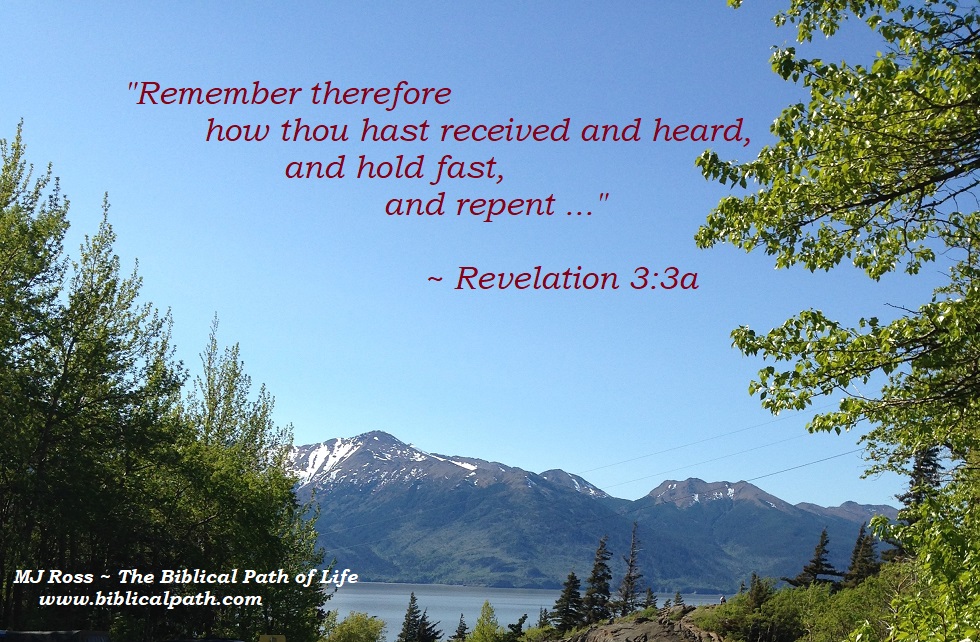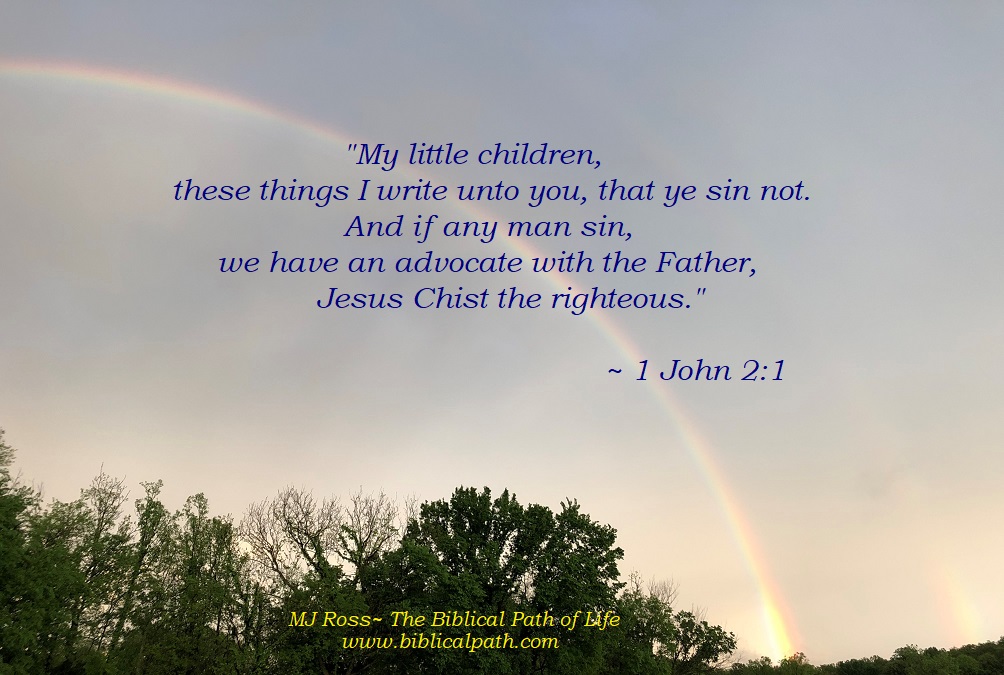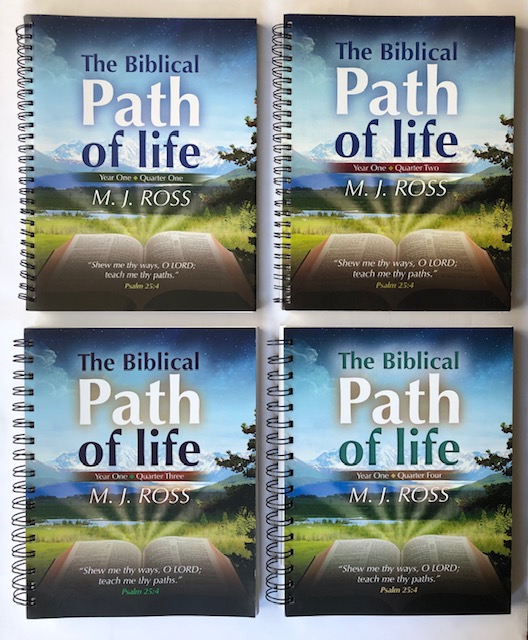
“And rend your heart, and not your garments, and turn unto the LORD your God: for he is gracious and merciful, slow to anger, and of great kindness, and repenteth him of the evil.”
Joel 2:13
Have you ever worked on a puzzle? Can you make out the complete picture with only a few pieces? Consider the way God’s heart was revealed in the Bible to the world. It was revealed piece by piece. One thing at a time. However, when one takes the time to put some pieces together, you begin to see a picture.
David was a mighty king. Remember how God had David described in the New Testament. “And when he had removed him (King Saul), he raised up unto them David to be their king; to whom also he gave testimony, and said, I have found David the son of Jesse, a man after mine own heart, which shall fulfil all my will” (Acts 13:22). In 2 Samuel chapters 1-8 David had become a mighty ruling king in the land of Israel, having subdued the enemies that had encompassed the land. He had brought the Ark of God to Jerusalem, the new capital. “And the LORD preserved David whithersoever he went” (2 Samuel 8:14b).
David then sought out one from the house of the former king, Saul, to whom he could show the “kindness of God unto”. “And the king said, Is there not yet any of the house of Saul, that I may shew the kindness of God unto him? And Ziba said unto the king, Jonathan hath yet a son, which is lame on his feet” (2 Samuel 9:3). Jonathan and David had been great friends. David wanted to show a special kindness to Jonathan’s son, Mephibosheth. After King Saul and Jonathan’s deaths, Mephibosheth had been hiding out in Lodebar. David sent for him. David extended grace to him by exalting him to not only have all of his land restored (of which he had lost), but also to sit at the king’s table. He basically adopted Mephibosheth in the family as one of the king’s own sons.
This is a great picture of the way that the Lord deals with people. When we are separated from God, He reaches out to us. He sends messengers after us where they find us in our exile, separated from God. God touches our heart, extends His grace to us, and will forgive us of our sin. When we receive this gift of grace, He then lifts us up, restoring life to us, and adopts us as His very own. We are then privileged to sit at His table, able to fellowship with Him. This is what being a Christian is all about.
There is another event in the life of David that reveals another picture of God’s gracious, loving kindness. In 2 Samuel 10, David heard the king of Ammon had died. “Then said David, I will shew kindness unto Hanun the son of Nahash, as his father shewed kindness unto me …” (2 Samuel 10:2a). However, the counselors of Hanun gave him bad advice. When David’s servants came to Hanun, he mistreated them and sent them away. King David sent to meet them to have them taken care of. When the children of Ammon heard they “stank before David” (means “be abhorred (had in abomination, loathsome, odious)”), they hired other nations to go fight with them against David. Take note that they did not repent of the rejection of David’s words, or of the evil they had done to David’s men. “And when David heard of it, he sent Joab, and all the host of the mighty men” (2 Samuel 10:7). King David’s men defeated the enemies who planned to come against them. So much so, that they made peace with Israel and feared to help the children of Ammon any more.
This is a great picture of when God extends his grace, and it is rejected. He sends His messengers with words of peace. God is love, but God is also holy. He will not permit evil and sinful men to mistreat His messengers with impunity. When His messengers are sent with the Gospel message, God will not allow people to treat His Gospel message as garbage. God gives time for repentance and a change of heart. But if one refuses the Gospel message, God, who is holy and righteous, will respond as his holiness and righteousness demands: in his wrath. “He that believeth on the Son hath everlasting life: and he that believeth not the Son shall not see life; but the wrath of God abideth on him” (John 3:36).
However, what do we understand from reading God’s Word? “12. Therefore also now, saith the LORD, turn ye even to me with all your heart, and with fasting, and with weeping, and with mourning: 13. And rend your heart, and not your garments, and turn unto the LORD your God: for he is gracious and merciful, slow to anger, and of great kindness, and repenteth him of the evil” (Joel 2:12-13). When one will turn to God with all of his or her heart, God is merciful, slow to anger, and of great kindness. He will forgive and turn from the evil that was destined to befall one.
Have you received the “kindness of God” and given your heart and life to Jesus?
Or,
Have you rejected God’s extension of Grace in the Gospel message, waiting for the wrath of God?






